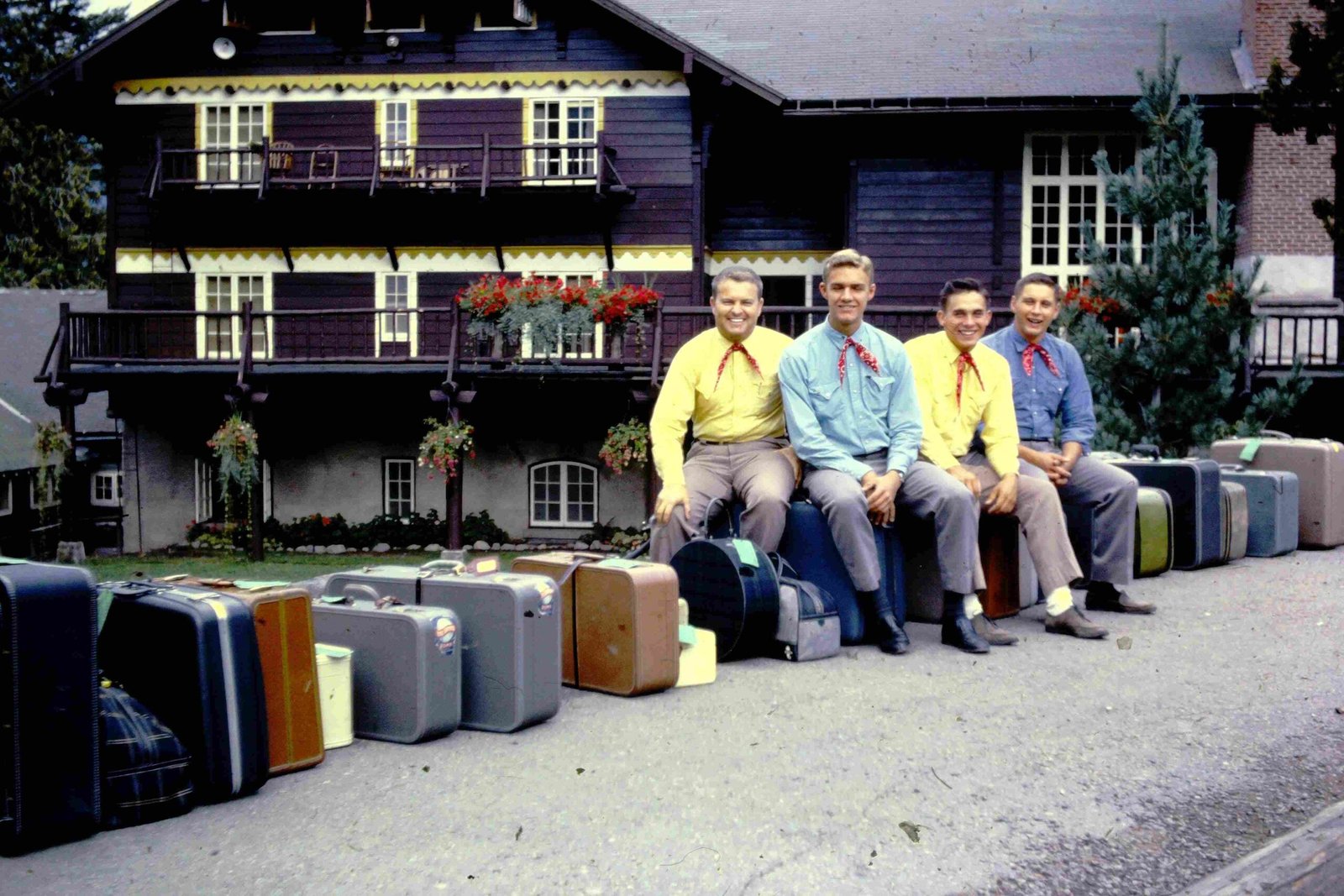Fly fishing in Glacier National Park’s Lower McDonald Creek (often mistaken for McCloud Creek) offers anglers a unique opportunity to experience pristine waters and abundant trout populations. The fishing season typically runs from the third Saturday in May through November 30, with peak activity occurring between early June and late October. This guide provides comprehensive information on regulations, techniques, and access points for fly fishing in this beautiful location.
What Are the Specific Fly Fishing Regulations for Lower McDonald Creek?

Lower McDonald Creek is subject to strict regulations to preserve its ecosystem and fish populations:
- Catch-and-release only
- No possession of fish at any time
- Hook and line fishing only, with rod or line handheld
- Artificial flies or lures with single hooks only
- Felt-soled wading boots prohibited
- No bait collection or chumming within park boundaries
It’s crucial to obtain a current copy of park fishing regulations from a Visitor Center or Ranger Station before fishing, as no fishing license is required within Glacier National Park.
When Is the Best Time for Fly Fishing in Glacier National Park?

The optimal fly fishing season in Glacier National Park aligns with major insect hatches:
- Early June to late October: Peak season
- Early summer to late fall: Best for cutthroat and rainbow trout
Water temperatures between 50°F and 65°F (10°C to 18°C) provide ideal fishing conditions. Clear skies, moderate winds, and cooler temperatures enhance fishing success.
What Fly Fishing Techniques Work Best in Lower McDonald Creek?
Recommended Gear
- Rods: Lightweight to medium-weight (4-6 weight)
- Lines: Floating or sink-tip
- Leaders: 9-12 feet long
- Tippet: Monofilament or fluorocarbon
Effective Fly Patterns
| Fly Type | Recommended Patterns |
|---|---|
| Dry Flies | Elk Hair Caddis, Stimulators, Royal Wulff |
| Nymphs | Hare’s Ear, Pheasant Tail, Stonefly patterns |
| Streamers | Various patterns for targeting larger trout |
Strategies
- Focus on areas with structure (rocks, weed beds, undercut banks)
- Match the hatch by observing natural insects
- Use stealth and careful presentation in clear waters
How Can Anglers Access Lower McDonald Creek?
Parking and Access Points
- Primary parking: Quarter Circle Bridge parking area
- Trail access: Begins at Quarter Circle Bridge
Estimated Travel Times
- From Apgar Visitor Center: 10-15 minute drive
- From other major park entrances: 30-60 minute drive (varies by location)
Potential Challenges
- Snow and ice in early and late seasons may affect accessibility
- Strenuous hiking and wading in some areas
- Possible bear and wildlife encounters (follow park safety guidelines)
What Are the Key Differences Between Fly Fishing in Lower McDonald Creek and Other Park Waters?
Lower McDonald Creek stands out from other Glacier National Park waters in several ways:
- Strict catch-and-release policy
- Single-hook artificial flies and lures only
- No fish possession allowed
- Unique access points and trail systems
These regulations help maintain the creek’s pristine condition and healthy fish populations.
How Does Seasonal Weather Affect Fly Fishing in Lower McDonald Creek?
Seasonal weather patterns significantly impact fly fishing conditions:
| Season | Weather Impact |
|---|---|
| Spring | High water levels from snowmelt, colder temperatures |
| Summer | Optimal conditions, warmer water, active insect hatches |
| Fall | Cooler temperatures, changing water levels, pre-spawn activity |
| Winter | Limited access, ice formation, extremely cold water |
Anglers should always check current weather and stream conditions before planning their trip.
What Conservation Efforts Are in Place for Lower McDonald Creek?
Glacier National Park implements several conservation measures to protect Lower McDonald Creek:
- Catch-and-release only policy
- Prohibition of felt-soled wading boots to prevent invasive species
- Restrictions on fishing methods and gear
- Seasonal closures to protect spawning fish
- Education programs for visitors on responsible fishing practices
These efforts help maintain the creek’s ecological balance and ensure sustainable fishing for future generations.
By following park regulations and employing proper fly fishing techniques, anglers can enjoy a rewarding experience in one of America’s most beautiful national parks while contributing to the conservation of its aquatic ecosystems.
References:
1. https://diyflyfishing.com/glacier-national-park/
2. https://www.nps.gov/glac/planyourvisit/fishing.htm
3. https://www.nps.gov/glac/planyourvisit/upload/Fishing-2017-Web.pdf